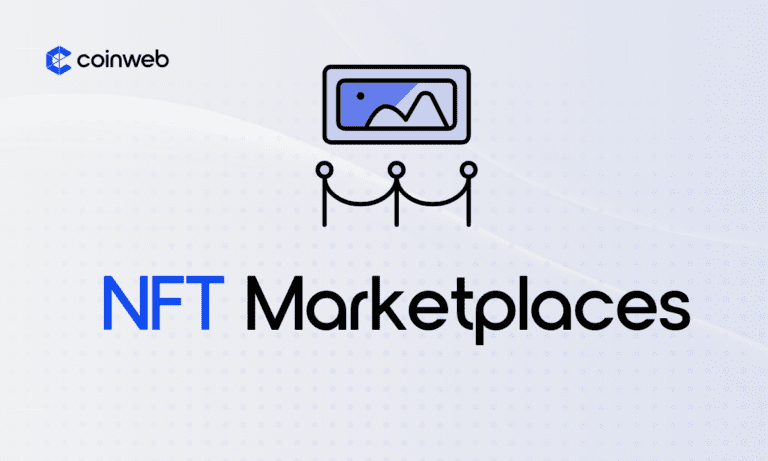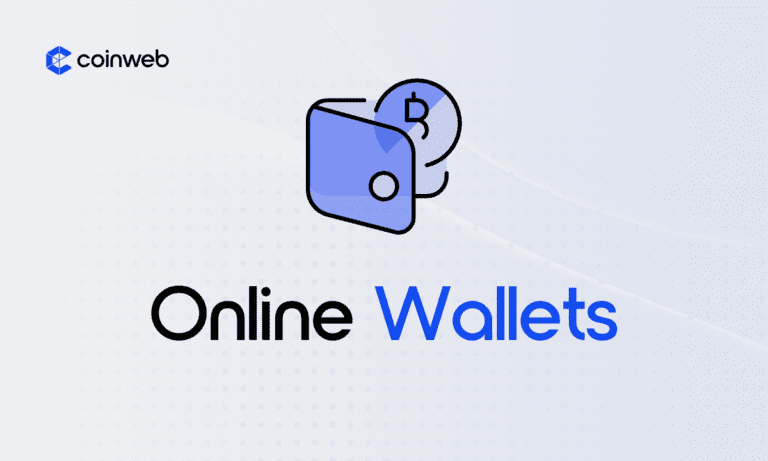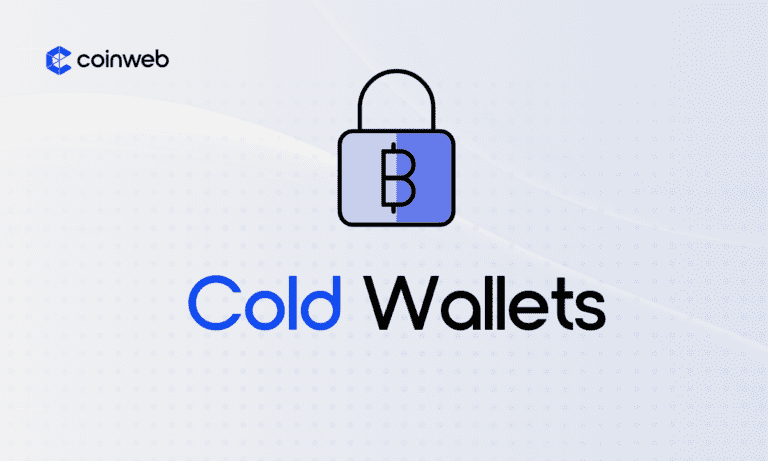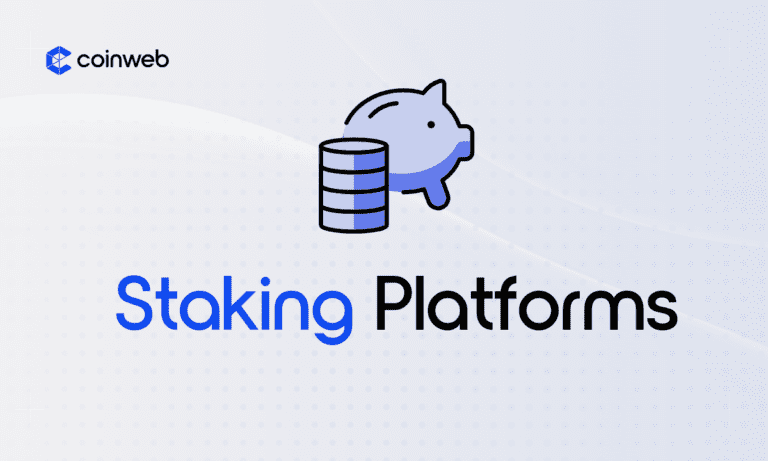TLDR
An NFT marketplace is a digital trading platform for selling and purchasing Nonfungible Tokens (NFTs). These platforms allow you to store NFTs, display them, and sell them for cryptocurrency or fiat.
The NFT marketplaces charge a service fee whenever someone buys or sells an. These fees are paid through traders’ crypto wallets, usually in ETH or the native currency requested by the platform.
Selecting an NFT marketplace involves considering factors like security, wallet compatibility, scalability, and user experience. Additionally, looking for a marketplace with lower trading fees can help you save a lot, especially if you buy/sell frequently.
Save time by exploring our list of top NFT marketplaces, suitable for all users, featuring the abovementioned essential factors.
Introduction
Nonfungible tokens (NFTs) became a mainstream topic right after 2021. NFTs are digital assets available in the form of artwork, soundtrack, in-game items, videos, digital artwork, collectibles, real estate, and more. They are unique digital tokens that utilize blockchain technology.
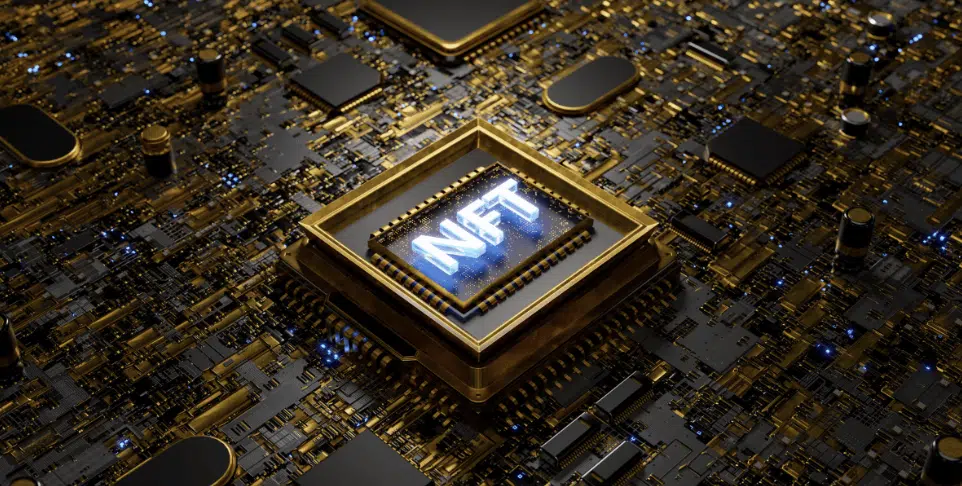
The most popular blockchain platform for holding NFTs is Ethereum, but other blockchains also support the trading of NFTs. Due to their distinct traits and attributes, NFTs are non-interchangeable and possess a unique value.
NFTs have changed the game for creators, such as artists and musicians, by introducing a novel way to generate financial value for their digital assets. Token value often depends on the creator’s notoriety, limited quantity, or cultural and historical significance.
As a result, NFTs are changing how people can buy and sell art online, offering opportunities that weren’t available before.
Importance of NFT marketplace in the crypto industry
NFTs have gained popularity in the crypto industry, providing investors and traders with a novel digital asset investment approach. NFTs can be exchanged much like stocks, providing users with options for different investment strategies.

NFT marketplaces are gaining popularity due to the demand for these unique tokens. These include a crypto collectible digital item, single-edition digital artworks, trading cards, virtual worlds, and more. These platforms act as hubs, facilitating secure and trustworthy transactions between buyers and sellers.
By establishing these best NFT marketplaces, user trust is bolstered, which helps to make the trading process more reliable. Accordingly, their presence is essential for sustaining confidence in the crypto market and spurring further investments.
Overview Of NFT Marketplace
A nonfungible token (NFT) marketplace is a platform that allows individuals to trade NFTs, which are rare digital assets on a blockchain. NFTs generally involve digital objects and virtual worlds representing tangible and intangible items. Let’s give a few examples.
The items sold and bought as NFTs include digital art, art, music photography projects, GIFs, designer sneakers, crypto collectible digital collectible items, music, and virtual worlds. Some less common items, such as occasional tweets, have also been acknowledged as valuable assets in the NFT space.
An NFT marketplace is a centralized exchange, but the NFTs are stored on the blockchain. Blockchain technology for decentralized exchange ensures transparency and authenticity of all transactions.
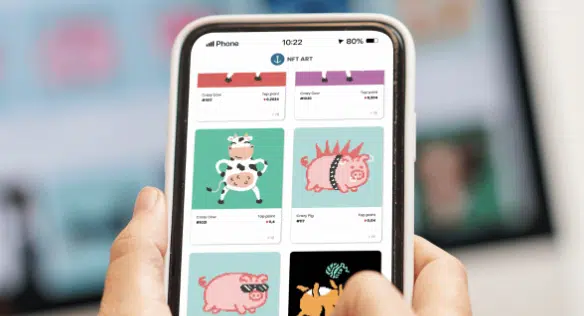
NFT marketplaces are essential in connecting creators, collectors, and investors. The best NFT marketplaces charge a fee for each transaction and provide advanced services such as storage, minting (creating new NFTs), sale, and marketing.
You can explore the marketplace to locate unique NFTs you want to buy and sell. If you avoid the Ethereum gas fees, you can buy and sell NFTs with Polygon for a fraction of the price.
In recent times, the largest NFT marketplaces have skyrocketed in popularity. These platforms offer creators and collectors a unique digital ownership experience, allowing unprecedented investment and immersion. Despite the industry’s steady progress, its immense growth potential promises diversified opportunities for all, including investors.
Why Do You Need To Enter NFT Marketplace?
NFTs combined with art music and blockchain technology allow artists and content creators to receive financial compensation for their creations. Instead of depending on auction houses and galleries for selling artwork, you can sell nonfungible tokens as a masterpiece using the NFTs marketplace. This also assists your NFT art in obtaining a more significant profit share for your work.
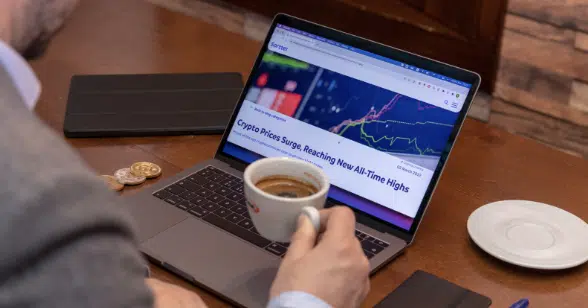
Surprisingly, NFTs also enclose revenue potential through royalties from secondary sales. By selling NFTs using the NFT marketplace, the original creator becomes entitled to a specific percentage of future sales of the artwork.
NFT collectors’ marketplaces also simplify buying and selling art NFTs by creating NFTs for enthusiastic buyers. Investors and collectors can find rare digital artwork using other NFT platforms and collectors’ marketplaces and own NFTs without much struggle.
How Does A NFT Marketplace Works
Step 1: Signing up
To sign up for an NFT marketplace, you should first create a profile or link one of the supported digital wallets like Metamask, sometimes both. This option is normally in the top right-hand corner of most NFT marketplaces’ homepages. After connecting your wallet to complete registration, enter your password to finalize it.
Step 2: Buying an NFT
Buyers can usually acquire NFTs in one of two ways: paying a fixed price or auctioning. Remember to have ETH or other relevant cryptos in your wallet to buy. Occasionally, potential customers can bid to lower the fixed price along with the owner.

Step 3: Minting/Creating an NFT
To create your NFT token, you need a wallet compatible with ERC-721, Ethereum’s NFT standard, like MetaMask, Trust Wallet, or Coinbase Wallet.
To cover transaction fees on the network (which may vary in cost depending on congestion), be sure to top up your account with at least $50-$100 worth of Ether.
Locate the “Create” button in the top right corner of most platforms to begin minting your NFTs. With that single action, you are ready to get started!
Step 4: Selling an NFT
Selling digital assets can be complex, especially when you try to vend something you’ve made yourself. To begin with, you’ll need to upload your item onto the marketplace and choose between selling it at a fixed rate or an auction.
Then comes the verification process – if everything checks out okay, your asset will finally appear on sale! If someone bids for it, all that’s left is transferring ownership from buyer to seller via the platform. Everything is automated.
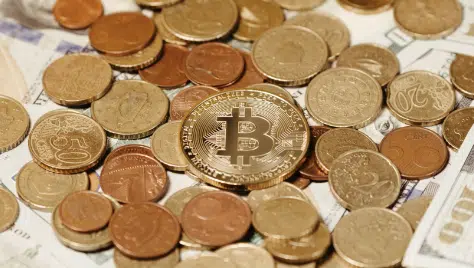
Types of NFT Marketplaces
Exclusive NFT Marketplace
Exclusive NFT marketplaces offer a thrilling platform to buy and trade rare digital art or NFTs. Unlike other marketplaces, these exchanges focus on limited-release and high-priced works.
The exclusivity makes primary sales highly prized among top NFT marketplaces and collectors. However, low liquidity in secondary sales raises concerns, as selling may prove challenging for some.
Despite this, such marketplaces remain popular among NFT collectors who value rarity and cherish owning a unique piece of art.
Pros
- By utilizing an exclusive NFT marketplace, you are granted access to a more secure transaction platform. This gives you the assurance and protection you need, knowing that your money won’t be easily scammed away.
- The uniqueness of NFTs lies in their individuality, and exclusive marketplaces offer access to authentic, one-of-a-kind items. This allows creators control over their work and fosters lasting relationships with patrons.
- Exclusive NFT marketplaces provide users with valuable insights through resources like detailed descriptions, pertinent documentation, and reviews from other buyers and galleries. This provides a never-ending supply of information to make even smarter purchases!
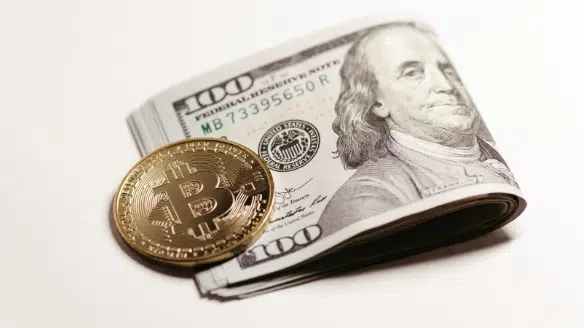
Cons
- An exclusive NFT marketplace eliminates the opportunity for diversification as well as collaboration. As a creator, setting up an exclusive shop may limit access to a wider range of talent and resources.
- Maintaining uniqueness may hinder inspiration and motivation in a low-competition market, potentially leading to lower-quality work.
- Exclusivity in NFT marketplaces can hinder your financial success as a creator, limiting exposure and profits. Building relationships with multiple buyers is crucial for success.
General NFT Marketplace
These Marketplaces are widely known and frequented by seasoned collectors seeking the rarest digital art pieces and amateur investors just getting their feet wet in the crypto world.
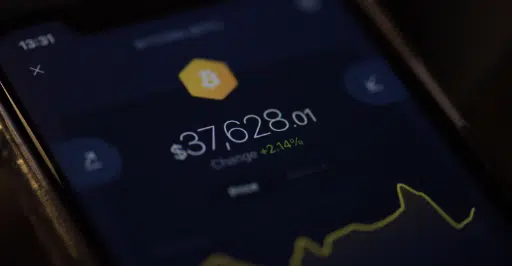
It is an excellent platform for digital creators to share and distribute their works. It supports various nonfungible tokens (NFTs), from videos or audio files to digital collectibles, art music, photography, or gaming NFTs.
General NFT marketplaces offer a wider range of options, reducing access barriers and making them more attractive than exclusive ones.
The NFT art marketplace has rapidly become a go-to digital art hub for NFT artists due to its user-friendly platform and comprehensive services for storing digital collectibles. It provides a straightforward way for users to engage with artwork from all over the world effortlessly.
Pros
- The NFT marketplace is user-friendly and flexible, making it ideal for anyone, regardless of their level of expertise.
- Various payment options often support general marketplaces, allowing buyers to select their preferred option. This also ensures that transactions are completed quickly and securely.
- With abundant choices open, general NFT marketplaces allow users to diversify their investments and tremendously multiply their chances for success.
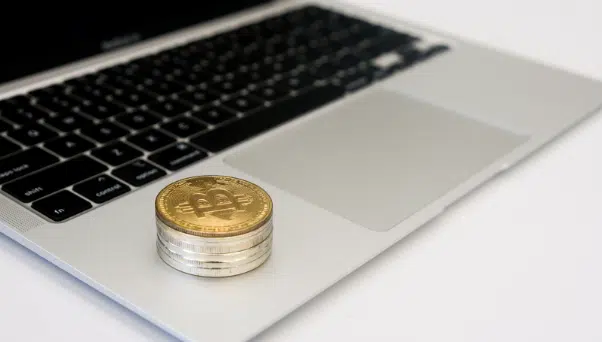
Cons
- Navigating the vast selection of large NFT marketplaces can be daunting for customers, while sellers may struggle to differentiate their offerings.
- Open markets come with risks, including uncertainty about item quality or authenticity. It’s essential to be mindful of scams when purchasing from any NFT marketplace to avoid financial loss.
Specific NFT Marketplace
Focusing on a specific NFT marketplace sector, such as community-owned platforms for NFT games, songs, or videos, allows users to benefit from a tailored platform. Such marketplaces provide real-time updates on price changes, enabling users to act quickly for profitable gains.
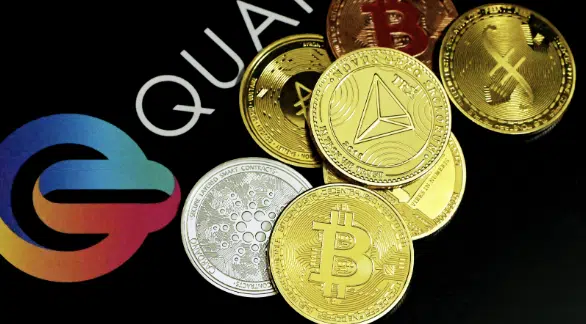
For the NFT marketplace to operate properly, it will require a considerable amount of financial investment from developers to draw traders and generate adequate trading volume. With enough users on the platform, this can be accomplished, as everyone involved will benefit from strong liquidity.
Pros
- An exclusive NFT marketplace could enthuse investors, igniting passion and boosting liquidity that may guarantee its future success.
- The marketplace’s specific focus allows you to access only relevant products, services, and information you need without wasting time delving through thousands of less relevant items.
- When you focus on one particular sector, you can access the most up-to-date data regarding pricing and new offerings and stay informed about any trends in that market. This helps ensure buyers make sound decisions based on real-time market conditions.
Cons
- As a relatively new platform with limited exposure, a premier NFT marketplace may struggle to attract enough users and create a sufficient trading volume.
- The resource-heavy nature of setting up and maintaining a specific NFT marketplace may mean that not all developers have the capability or financial resources to do so.
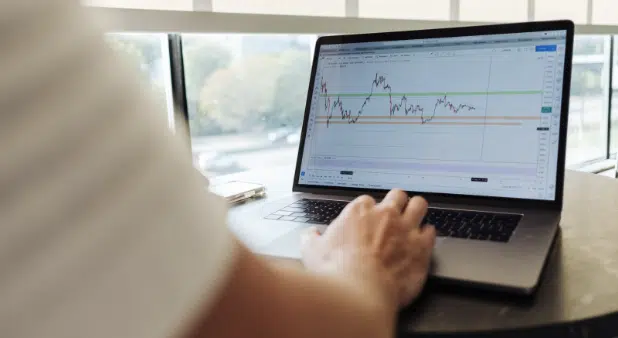
Choosing an NFT marketplace
Let’s review important factors to consider when choosing the NFT marketplace.
Security
Each blockchain’s level of security differs from its consensus mechanism, so it’s wise to ensure that the platform you’re looking into adheres to proven and secure standards.
You’ll also want to check what data protection measures the NFT marketplace adopts, such as encryption protocols and mechanisms for addressing disputes.
Before deciding if a platform suits your purposes, perusing community feedback regarding dependability is wise.
Wallet compatibility
When selecting a platform, double-check that the native crypto wallet is compatible with different cryptocurrencies and fiat currencies on the platform, in addition to being user-friendly for both novices and experienced crypto wallet users.
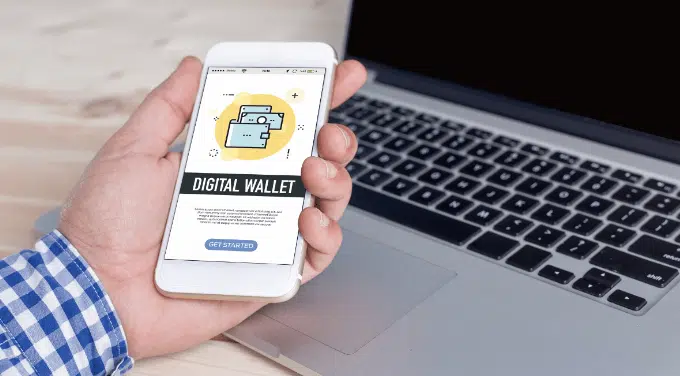
An integrated native wallet lets you complete your purchases faster and helps build trust in the platform’s future. Utilizing features such as peer-to-peer transfers further strengthens the convenience factor of the wallet.
Scalability
When creating an, you must consider the transaction capacity and any potential restrictions that could impede its growth. Nobody wants a platform that overwhelms users, leading to slow processing speed or failure. Make sure to think ahead and develop one capable of handling your user base efficiently!
Ensuring scalability before investing in a particular platform is the surefire way to make smart decisions and increase potential returns.
Optimized user experience
When selecting an NFT platform or marketplace, the user experience is paramount. It’s essential to ensure buyers and sellers can quickly discover what they seek. To do this, the platform should incorporate a simplified navigation system encompassing categories, collections, and other features so users can swiftly find the perfect NFTs for their needs.
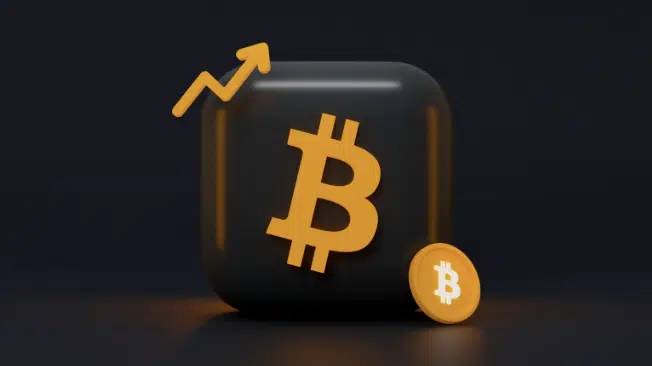
To improve this experience further, important information about each product should be in plain sight, such as the list of available NFTs, their prices, owners, and history, so that customers can make better decisions. Optimizing user experience makes buying digital NFT assets more enjoyable and successful for everyone involved.
Transaction costs
Transaction costs can affect both the seller and the buyer, reducing potential profits or diminishing the value of types of NFTs in a collection. That’s why it’s essential to research the marketplace’s fees and other associated charges for selling and buying NFTss and various NFTs before committing to a platform.
High transaction costs can quickly add up, so understanding them is essential for budgeting a purchase or planning your sales strategy. Comparing different NFT platforms is recommended, as each marketplace has its pricing structure.
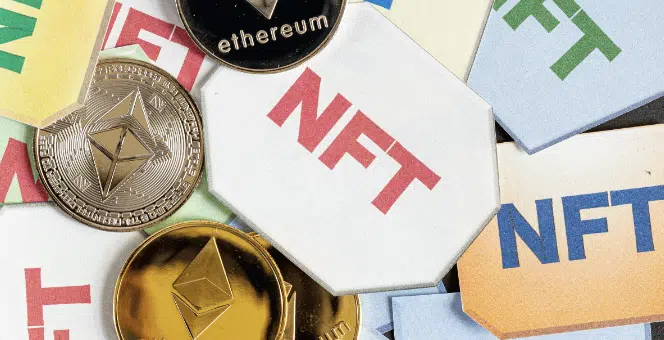
Gas fees
High gas fees can be inconvenient, so choosing a marketplace that addresses this issue is wise. Look for marketplaces with lower gas fees or “lazy minting.” This allows sellers to pay transaction fees only after someone else buys their NFTs.
Extra user incentives
You have many options with countless other NFT marketplaces already available and more launching soon. However, selecting the one that will provide the most value while using it is essential – just like any other online platform.
If you’re shopping around for an NFT marketplace, look for platforms that provide generous incentives! These could come in the form of discounts, referral bonuses, or even profit-sharing after achieving certain levels as a user.
Some marketplaces are so bountiful that they let buyers set their royalty percentages and commission rates. a real win if you find one like this! Don’t hesitate to reap the rewards of platforms with good incentive schemes.
Blockchain’s overall popularity
When making a digital art, music, photography, or NFT purchase, you must ensure the platform is backed by sophisticated and reliable blockchain. Otherwise, you could end up with your digital art locked onto a sluggish and unreliable network – something no one wants!
After all, a successful marketplace requires trust and reliability, which cannot be overlooked when selecting an NFT platform. In addition, if a platform has low usage or transaction volumes, it may not prove popular among vendors and buyers.
Admin panel
Examining each platform’s admin panel is crucial, especially for token development and management. A good admin panel should enable easy token management and have tracking tools for customer metrics, aiding accurate business decisions and strategies.
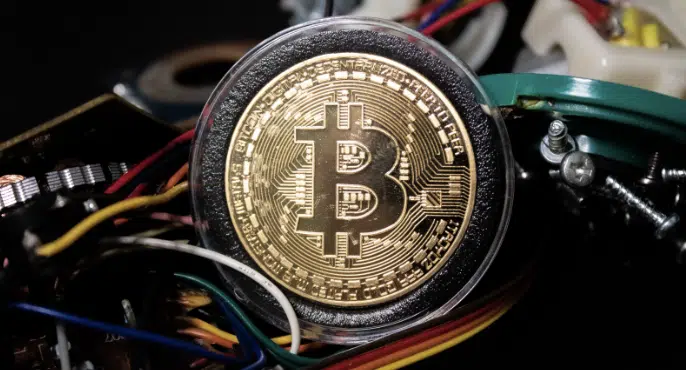
To keep up with the competition, your NFT site and marketplace admin panel must have robust analytics to enable you to assess how well your business fares.
The supported payment methods
When selecting an NFT marketplace, the supported payment methods must be considered. Not all marketplaces accept every payment option, meaning buyers must check if their preferred method is born before purchasing.
In addition to checking compatibility, individuals should look at related fees associated with taking payments, such as surcharges and transfer rates. This is especially important for high-value items where small savings can often impact a buyer’s bottom line.
Blockchain’s popularity in NFT sales
Blockchain forms the basis of NFTs, so selecting a platform expert in this type of trade should be your priority. Not only does it guarantee security for all transactions made with these assets, but it also confirms their authenticity and originality.
Furthermore, a popular NFT marketplace opens up more opportunities to buy and sell NFTs, while one deemed less secure may not have many buyers or sellers interested.
Summary
In conclusion, the best NFT marketplace meets your needs and delivers value to you as a user. Most of the top NFT marketplaces now provide secure and easy-to-use interfaces for users to sign up, buy, sell, or different mint types of NFTs.
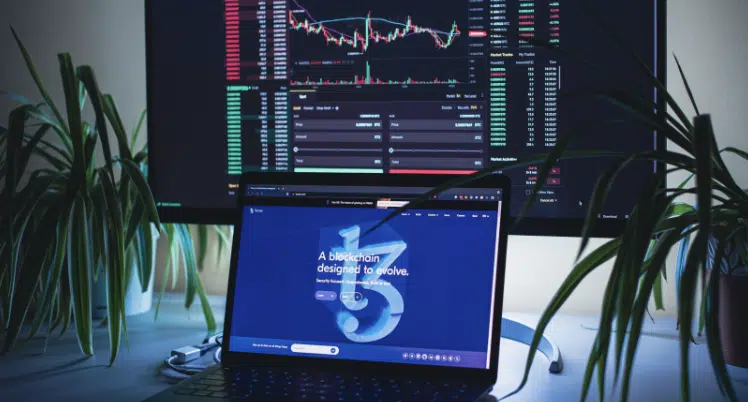
Additionally, it’s essential to pick a top NFT marketplace that takes extra security measures, such as multi-sig contracts for contract authorization.
Therefore, when selecting an NFT platform or marketplace to use, it’s essential to consider factors such as security protocols implemented by the platform, wallet compatibility, the scalability of the platform, optimized user experience through simple design and high speed; and lastly, ensuring there are no hidden transaction costs.
Ultimately, users concur that a premium NFTs market should offer exclusive and general tokens with the right balance between cost and value to ensure an enjoyable user experience. By doing so, consumers will remain engaged, guaranteeing consistent returns for all involved parties.
OpenSea is the largest NFT market in terms of users and transactions. Users can explore new collections and artists, as well as buy and sell NFTs, including art, music, videos, games, and other digital assets.


